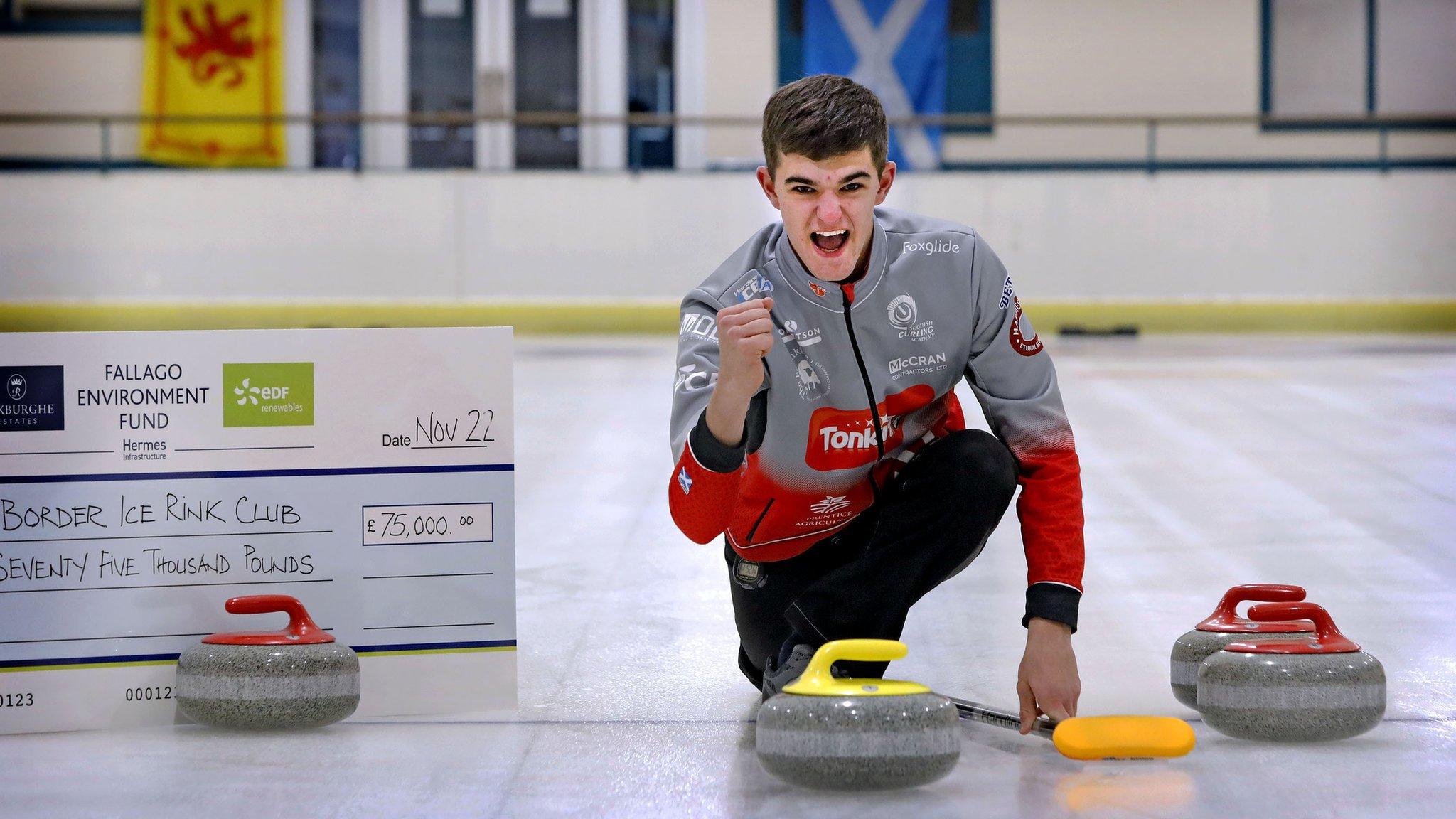Scotland's ice rinks battle with rising energy costs
- Published
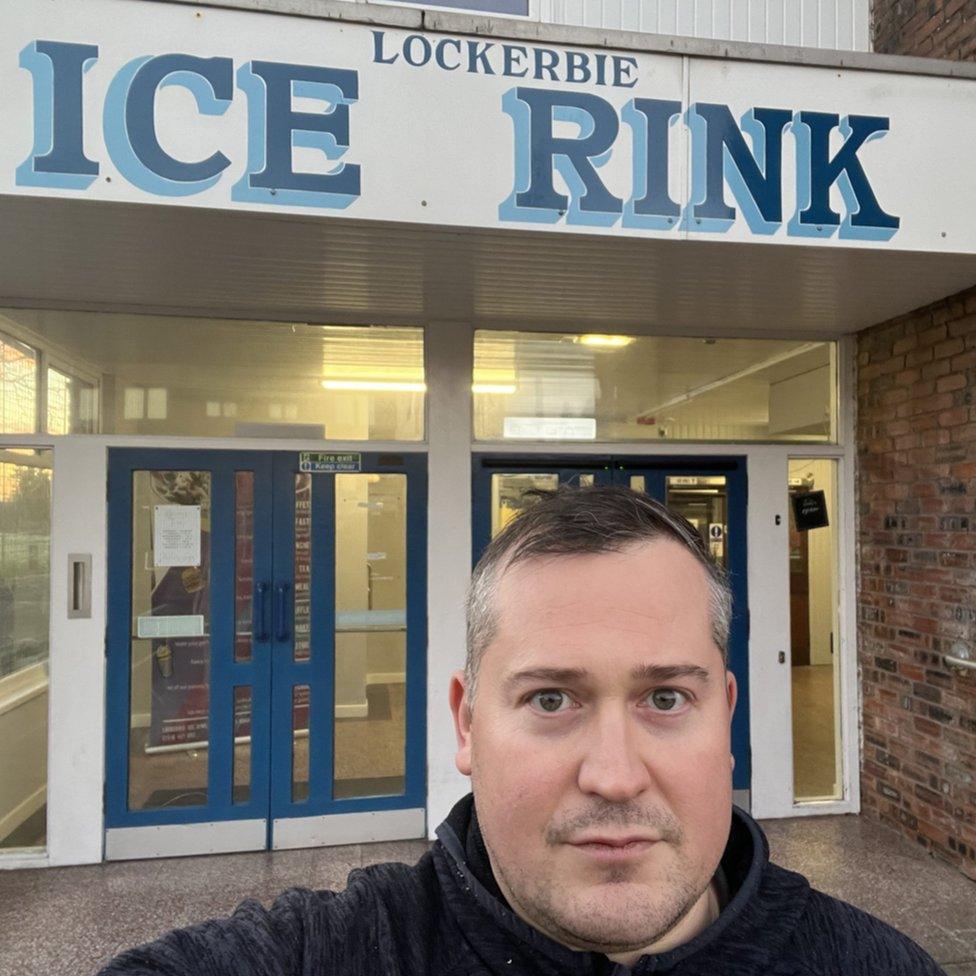
Duncan Gracie is chairman at Lockerbie Ice Rink where energy costs have risen sharply
Scotland's ice rinks were the breeding ground for Team GB's only medals at the Winter Olympics in Beijing.
Eve Muirhead's rink took gold and Bruce Mouat's silver earlier this year as curling delivered an impressive double.
However, right across the country which produced such champions, the ice rinks where the next generation of Olympians is playing are facing tough times.
Rising energy prices are having an dramatic impact at locations which have higher power demands than most.
Duncan Gracie is chairman at Lockerbie Ice Rink which became a charity at the start of the year - partly to help improve access to potential funding sources.
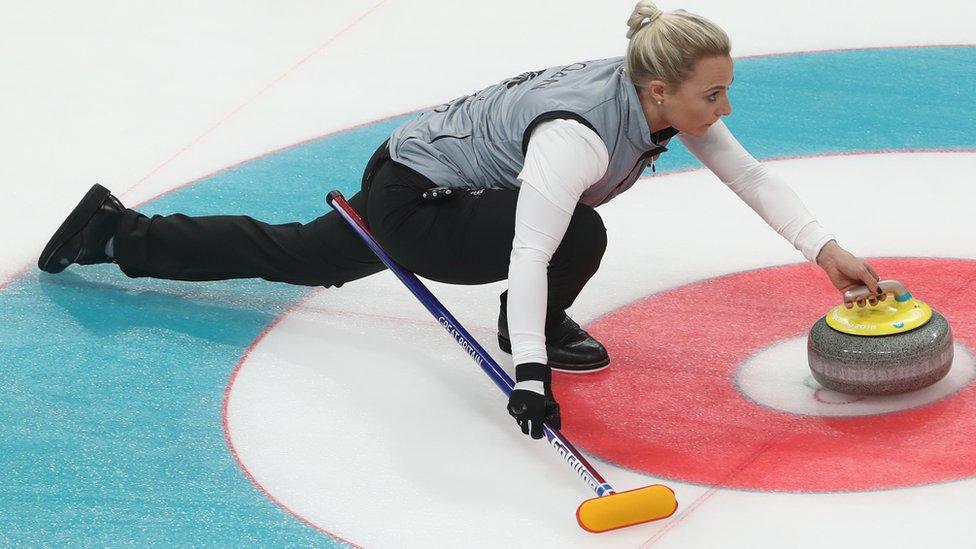
Olympic medallist Anna Sloan is among those to have developed their skills at Lockerbie Ice Rink
They are proud of their record of producing big names in curling like David Murdoch and Anna Sloan.
Mr Gracie said it was proving expensive to provide facilities to those inspired to emulate such players.
"We have traded as a charity since the beginning of January - the whole year up until now has been a fight against the energy crisis," he said.
Their annual bill used to be about £50,000 to £60,000 but this year he said that was heading towards almost £200,000.
"That's a three to four-time increase in our costs - purely for energy," he said.
"We need that energy to make the ice - there is no way round it. We are essentially running a massive freezer."
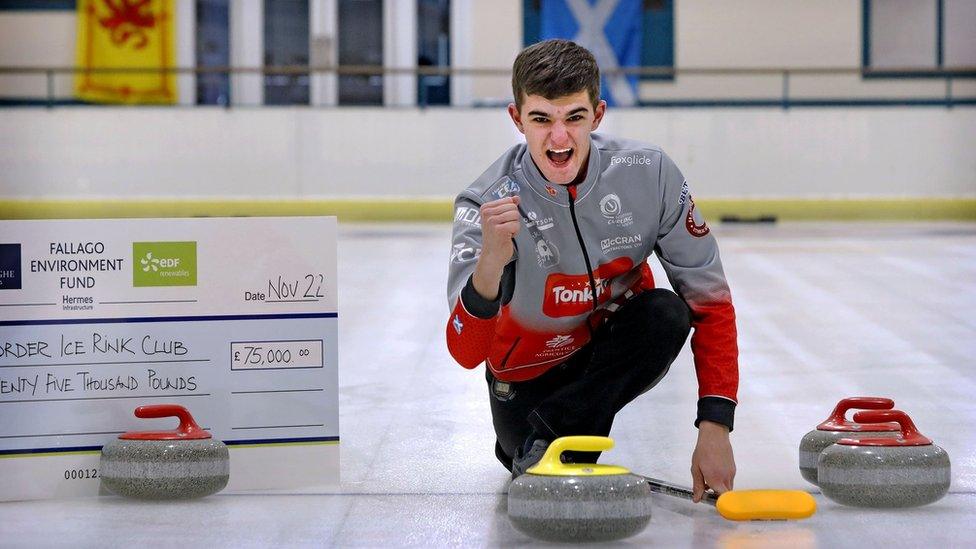
A recent cash injection helped the only ice rink in the Borders to invest in new machinery
He said that unfortunately those costs had to be passed on to users which meant people use the ice less.
"What we have tried to do is maintain costs for junior curlers, we are trying not to affect the junior curlers," he added.
The efforts to bring in extra money have been pretty much constant.
"We have managed to secure some funding," he said.
"Every day we are applying to funders - we are trying to get funding from anywhere we can."
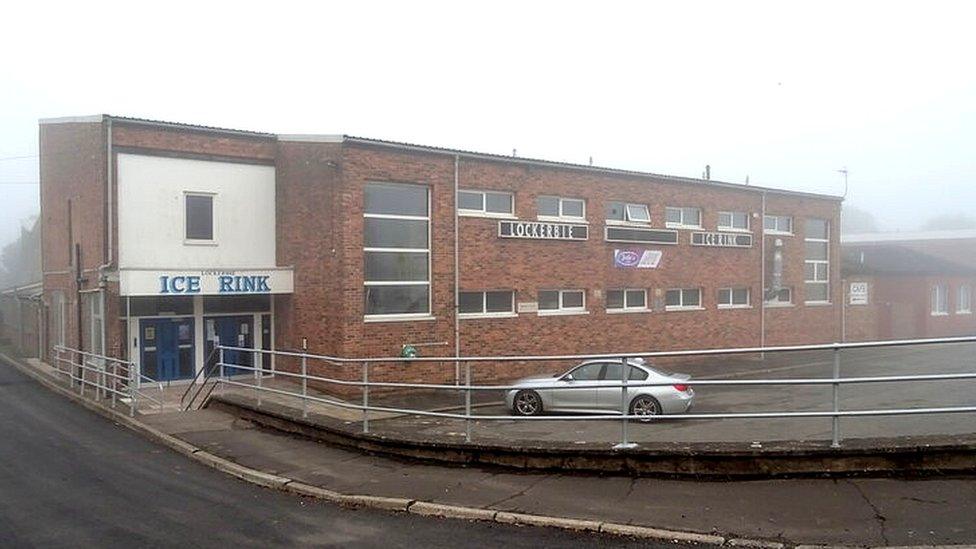
Energy bills at the Lockerbie site have risen sharply despite efforts to become more efficient
Keen curler Rae Graham said the Lockerbie site was more than just a sporting venue; it was a key part of the community.
"I started curling when I was about 10 or 11," he said. "It has been the centre of my life for 50 years.
"It really has been a local focal point for 50-odd years."
The energy cost struggle is being mirrored around the country as price deals come to an end at rinks dotted across Scotland.
Many miles west, in Stranraer, Ian Donnachie who is general manager at the North West Castle Hotel, said the rise at its rink had been "dramatic".
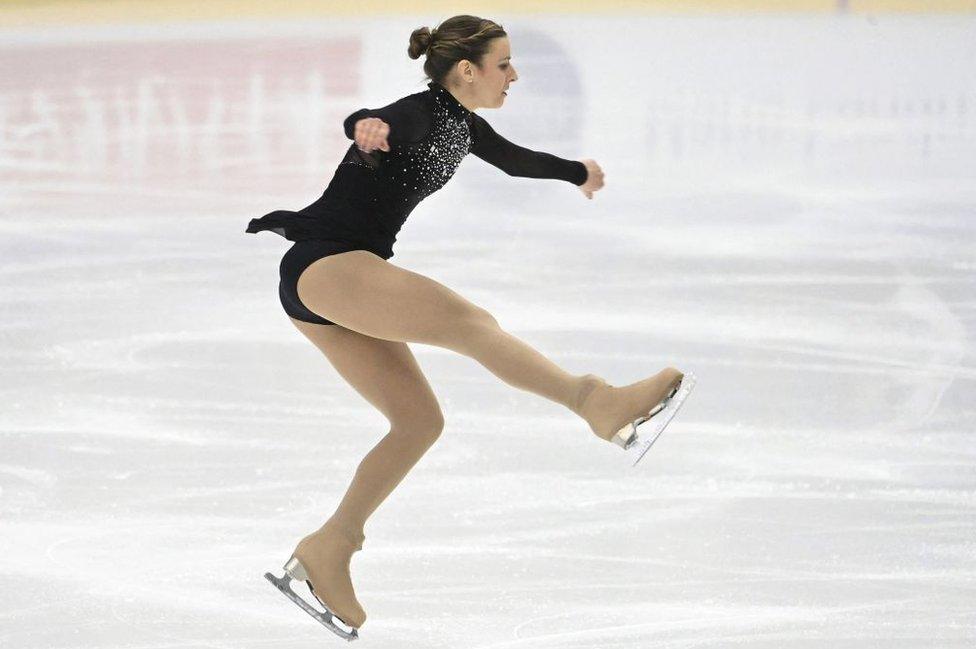
The ice rinks host a range of other winter sports as well as curling
He said it had been forced d to "reassess" operations to try to reduce the impact and make the rink more efficient.
"It is important to the whole community that the curling rink continues to operate and that the company will make every effort to maintain this strategic asset for the town of Stranraer," he said.
Further north Scott Neil, manager of Murrayfield Ice Arena in Edinburgh, said they had only reopened on 28 October after Covid and expected their first energy bill after that to be "colossal".
"Prior to closing for Covid our energy bill was £14,000 a month," he said. "Now the annual estimate for energy bills is between £230,000 and £270,000."
He said they were putting a "lot of time and effort" into cutting costs and getting more efficient to keep the rink going.
The story is much the same at the Inverness Ice Centre.
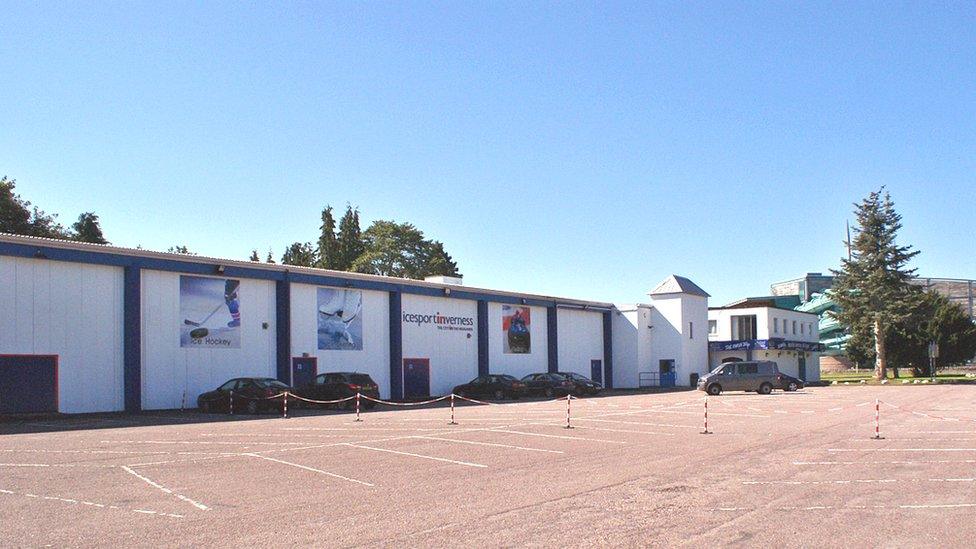
In Inverness they expect costs their £10,000-a-month refrigeration costs to double
Chief executive Gordon Barron said monthly electricity costs for its refrigeration plant alone were £10,000-a-month which they expected to double.
"This will put an incredible strain on our ability to provide ice sports going forward," he admitted.
At the country's biggest ice rink, Braehead Ice Centre, costs have risen at an even steeper rate.
Managing director Gareth Chalmers said energy prices had gone from about £400,000-a-year to £1.2m which was "absolutely unsustainable".
Sport Aberdeen managing's director Alistair Robertson said the energy crisis was the "number one issue" for leisure operators in the UK.
He said the cost of operating ice rinks could become "almost impossible" next year and many services faced "certain closure" in 2023 without an extension of the energy price cap to cover charitable leisure and trusts.
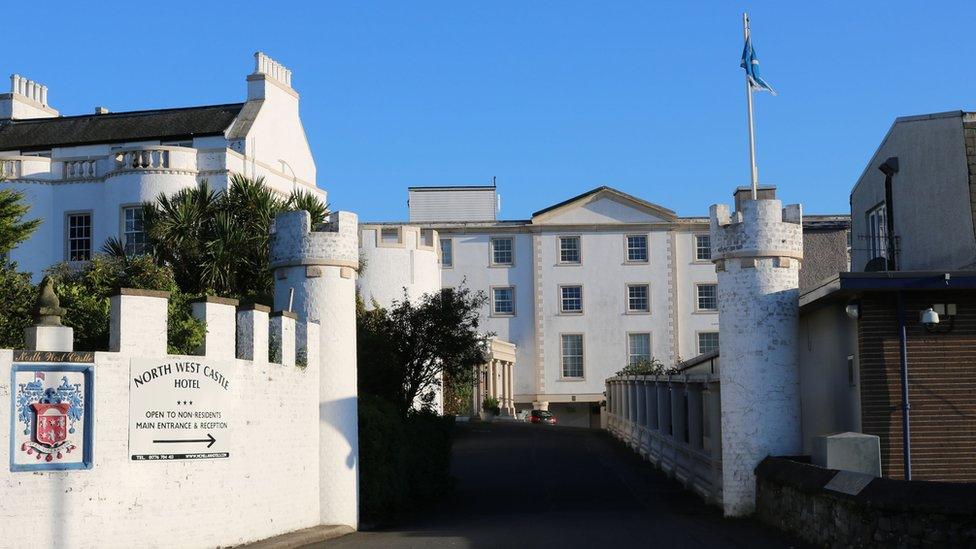
The North West Castle Hotel in Stranraer has seen "dramatic" energy cost rises at its rink
Mike Ferguson, who chairs the Scottish Ice Rinks Association (SIRA), said the situation around the country was "very serious indeed".
"The increased cost of utility costs is crippling and simply not affordable over the long term with increases of up to 600% quoted," he said.
"Most rinks are doing their very best to combat the situation while at the same time trying to pass on as little of the pain to their customers and members with rinks managing their businesses on a month to month basis."
Talks are being held with governing bodies, utility firms and the Scottish government to find a way forward but he said it was complicated by different ownership arrangements at each site.
"The key issue is to make rinks around the country more resource efficient and funding is provided to enable the necessary projects to proceed," he added.
Otherwise, there may be fewer opportunities for future stars of winter sports to hone their skills.
- Published17 November 2022
